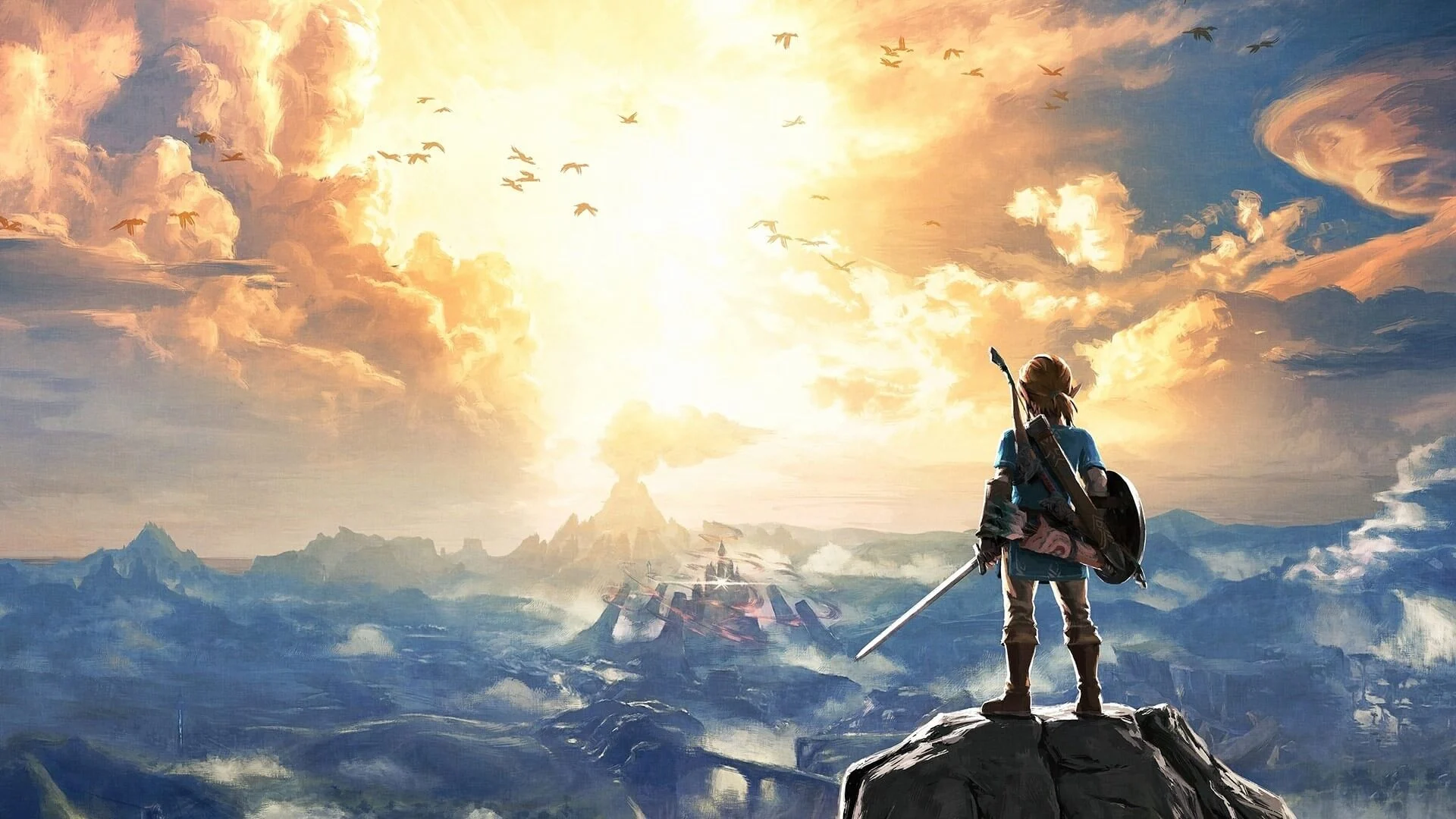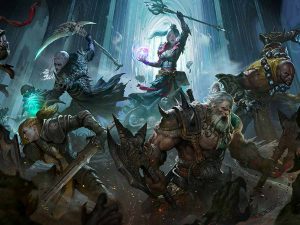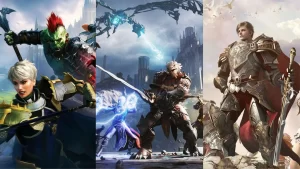
Role-playing games (RPGs) have come a long way since their inception in the 1970s
As the genre has evolved, so have the mechanics that define it. From turn-based combat to open-world exploration, the mechanics of RPGs have undergone significant changes over the years, each change bringing a new way for players to experience these immersive and engaging games
One of the earliest mechanics in RPGs was turn-based combat. In turn-based combat, players take turns making their moves, with each turn consisting of a set number of actions. This mechanic was popularized by games like Dungeons & Dragons and Dragon Quest, and it became a staple of RPGs in the 1980s and 1990s.
As gaming technology advanced, developers began experimenting with new mechanics to make RPGs more engaging and immersive. One of the most significant changes was the introduction of real-time combat. Real-time combat allows players to make moves in real-time, creating a sense of urgency and excitement. Games like Diablo and Baldur’s Gate popularized this mechanic in the late 1990s and early 2000s, and it has since become a staple of action RPGs.
Another major shift in RPG mechanics was the move from linear, story-driven gameplay to open-world exploration. Games like The Elder Scrolls series and Fallout 3 allowed players to explore vast, immersive worlds, with a great deal of freedom in how they approached the game. This mechanic not only allowed for greater immersion but also increased replay value, as players could explore the world and complete quests in different ways.
In recent years, RPG mechanics have continued to evolve, with developers experimenting with new ways to engage players. Games like The Witcher 3 and Horizon Zero Dawn have introduced dynamic and organic open-world environments, creating a sense of immersion and realism that was previously unheard of in RPGs. These games also feature complex crafting systems, which add an additional layer of depth and strategy to the gameplay.
Another recent trend in RPG mechanics is the use of procedurally generated content. Games like No Man’s Sky and Minecraft generate vast, procedurally generated worlds that offer infinite possibilities for exploration and discovery. This mechanic allows for a sense of unpredictability and spontaneity that keeps players engaged for hours on end.
In conclusion, the evolution of RPG mechanics has been a gradual but significant process, with each new innovation adding to the genre’s depth and complexity. From turn-based combat to open-world exploration, and from linear storytelling to dynamic, procedurally generated worlds, the mechanics of RPGs have come a long way since their early days. As technology continues to advance, and as developers continue to push the boundaries of what is possible in gaming, it will be exciting to see what new innovations and mechanics will define the future of RPGs.





